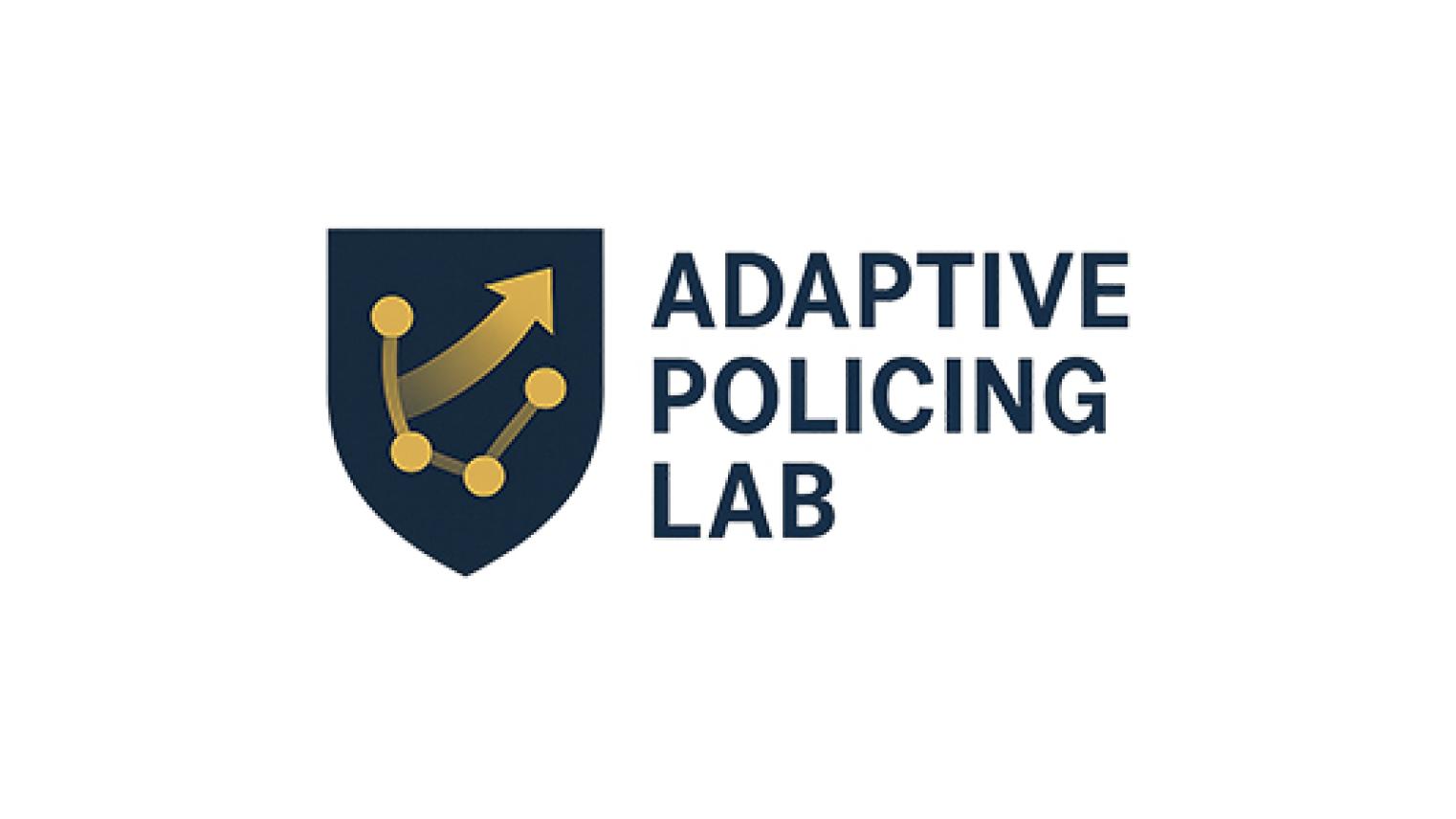RegNet launches Adaptive Policing Lab to advance ethical and responsive policing

RegNet is thrilled to announce the launch of the Adaptive Policing Lab (APL), established by Associate Professor Jarrett Blaustein in July this year.
The APL is dedicated to advancing knowledge, practices and partnerships that support more just, ethical and socially responsive approaches to public safety. Grounded in the core values of authenticity, collaboration, equity and ethical engagement, the Lab explores how policing actors and security networks adapt—or fail to adapt—to the interconnected crises of our time, including climate disruption, technological change and deepening social inequality.
Building on more than 20 years of innovative RegNet scholarship in security governance, the APL will serve as a collaborative space for researchers, practitioners, and community partners to imagine and enact adaptive policing trajectories that respond to emergent harms and complex crises. Its aim is to support the development of policing models and practices that advance positive and equitable social outcomes.
Associate Professor Blaustein is looking forward to building collaboration to shape the future of policing research and practice in Australia and globally.
“Adaptation offers a productive, conceptual bridge between where we are, and where we might wish to go. As policing institutions around the world confront the challenges of climate disruption, social and political unrest, algorithmic governance, and deepening inequality, the APL is proud to join a growing international network of forward-thinking labs and institutes who are already active in this space,” said Professor Blaustein.
The APL’s current initiatives include:
- Developing innovative frameworks for improving the adaptability of policing actors.
- Bringing the work of policing actor into alignment with systemic approaches to governing new and emerging ‘harm landscapes’, including climate change and algorithmic governance.
- Understanding the emergence of new security nodes in the face of complex harms and adaptive governance networks.
The Lab is committed to fostering an inclusive research culture and building meaningful partnerships to support collaborative research, capabilities development, and knowledge translation activities.
Find out more here.